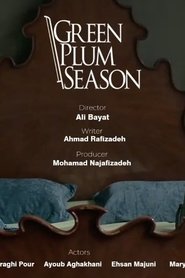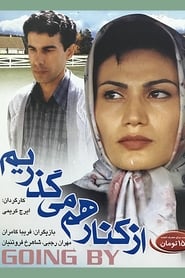detail profile fariba kamran
Peran Yang Di Mainkan Fariba Kamran
 After submitting his application to resign...
After submitting his application to resign...فصل آلوچه های سبز 2023
After submitting his application to resign, a judge, Ata, seeks shelter in his family villa out of town. When his son, Farhad, a university student, is released from the prison, Ata experiences a cold reunion with the family while his wife, Giti, is filing for divorce. But a car accident, leading to the death of Farhad, and the paralysis of Giti, puts him in a game of concealing the truth from Giti and Vida, Farhad’s girlfriend – just as it has been constantly concealed since the time of the loss of another family member under the heavy steps of history in a country shaken by the public movements from time to time…
 Hanieh a young teacher lives in...
Hanieh a young teacher lives in...Paradise 2015
Hanieh, a young teacher, lives in the household of her married sister in Tehran. Increasingly exhausted by her paralysing everyday life and the two-faced reality she subliminally experiences as a woman, an employee, a younger sister, and unhappy partner, Hanieh struggles to find her way out.
 A hundred and fourteen famous Iranian...
A hundred and fourteen famous Iranian...Shirin 2009
A hundred and fourteen famous Iranian theater and cinema actresses and a French star: mute spectators at a theatrical representation of Khosrow and Shirin, a Persian poem from the twelfth century, put on stage by Kiarostami. The development of the text -- long a favorite in Persia and the Middle East -- remains invisible to the viewer of the film, the whole story is told by the faces of the women watching the show.
 The trip to the Caspian Sea...
The trip to the Caspian Sea...Going By 2001
The trip to the Caspian Sea is a story of people who are driven by the frustrated death of Azizi in the lush green roads of the north: Aras, a hot baby mother who is self-infected with illness. The dead and husbands of the dead husband are losing Mehran, the man of his life. Spanta and her brother married the father of her architect. And Asadullah, the honey driver, speaks of death and life of the people. The last name Mehran has sent to Jaleh is from Shiva to Aras, from Aras to Spanta and to Spanta's father, and he throws it to the post box.

 The movie Kanapeh tells the story...
The movie Kanapeh tells the story...